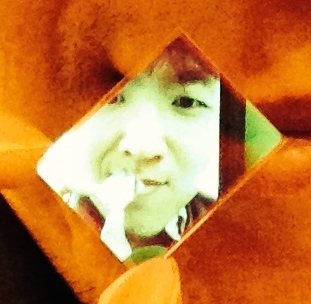Back when I was a rube just starting to learn algebraic topology, I started thinking about a unifying platform for mathematics research, a sort of dynamical Wikipedia for math that would converge, given good data, to some global “truth”. (My model: unification programs in theoretical and experimental physics.) The reason was simple—what I really wanted was a unifying platform for AI research, but AI was way, way too hard. I didn’t have a formal language, I didn’t have a type system or a consistent ontology between experiments, I didn’t have good correspondences or representation theorems between different branches of AI, and I certainly didn’t have category theory. Instinctively, I felt it would be easier to start with math. In my gut, I felt that any kind of “unifying” platform had to start with math.
Recently I met some people who have also been thinking about different variants of a “Wikipedia for math” and, more generally, about tools for mathematicians like visualizations, databases, and proof assistants. People are coming together; a context is emerging; it feels like the time is ripe for something good! So I thought I’d dust off my old notes and see if I can build some momentum around these ideas.
- In this post, examples, examples, examples. I will discuss type systems for wikis, Florian Rabe’s “module system for mathematical theories“, Carette and O’Connor’s work on theory presentation combinators, and the pro/con of a scalable “library” of mathematics. I’ll briefly introduce the idea of mathematical experiments.
- In part 2, I will talk about experiments in physics (especially in quantum mechanics), and consider a higher-order model of ensembles of experiments in this setting.
- In part 3, I will talk about mathematical experiments (everything we love about examples, done fancier!), their relationship with “data”, and what they can do for the working mathematician.
- In part 4, I’d like to understand what kind of theoretical foundation would be needed for an attack on mathematical pragmatics (a.k.a. “real mathematics” in the sense of Corfield) and check whether homotopy type theory could be a good candidate.
